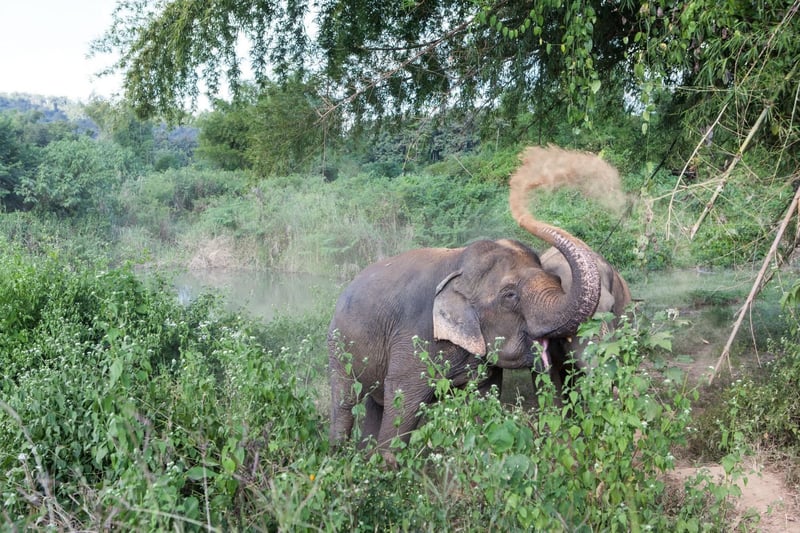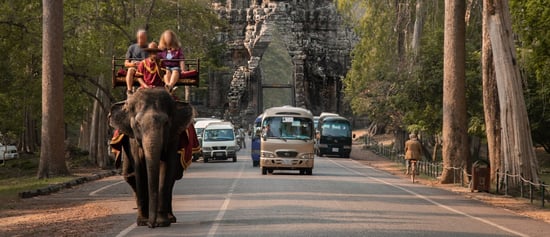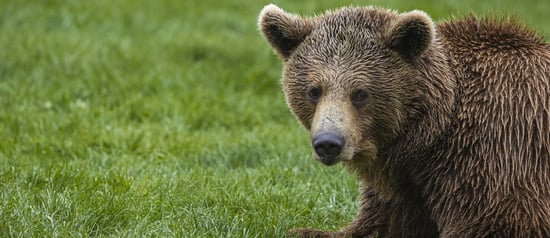
Elephant friendly venues: Better for elephants and people
News
New research reveals that the life of both elephants and mahouts is greatly improved in high welfare elephant venues as opposed to elephant entertainment camps.
Our Taken for a Ride report assessing the conditions for 3,000 elephants used in tourism in Asia found that in the lowest scoring venues, mahouts are more likely to be unskilled labourers who have received only brief training on how to handle elephants. Consequently, force and punishment of elephants is applied more commonly.
At the highest-ranking venues, our study found that mahouts are more highly recognised by the venues, often personally introduced to the visitors, allowing them to be respected for their skills. At these venues, the mahouts also receive training in managing elephants more humanely, without using force.
We know mahouts play a crucial role in the welfare of captive elephants and are an important factor in our work to transition elephant entertainment camps into elephant-friendly venues.
Higher welfare, elephant-friendly venues are better for elephants and people, encouraging venue owners to value and care for both elephants and their mahouts*.
Our study showed, 65% of mahouts often or very often use a bull-hook or a sharp nail stick to control their elephant at riding and entertainment camps.
But, in true-elephant friendly venues there is no need for such tools and control, except in real emergencies. This is because in higher welfare venues, tourists are not in direct contact with elephants, and instead primarily get to watch elephants move freely. This is better for the elephants and safer for Mahouts.
We’ve seen this for ourselves in places like Elephant Valley Thailand, Mahouts Elephant Foundation (MEF) and Boon Lott’s Elephant Sanctuary (BLES), three of the high welfare venues our Taken for a Ride report showed doing great things for captive elephants.
While an elephant can only be truly free in the wild, these types of venues are what we need to see more of, to improve the lives of the 3,000 elephants currently captive for tourism in Asia.
The fact is, if you can ride or touch an elephant, or watch it perform, chances are the elephant has been subjected to cruel training and is living in poor conditions.
This World Elephant Day do the right thing for elephants and mahouts and only visit elephant-friendly venues when you can observe elephants from afar, where they’re free to just be elephants.
Read more about our Mahout research
By Ben Pearson, Senior Campaign Manager World Animal Protection Australia/New Zealand
In higher welfare venues, tourists are not in direct contact with elephants, and instead primarily get to watch elephants move freely. This is better for the elephants and safer for Mahouts.
Elephant rides
Today, more than 3,000 elephants are being used and abused to entertain tourists and visitors across Asia.
Our work
We're working in Australia and around the world to end the needless suffering of animals by inspiring people to change animals’ lives for the better.


